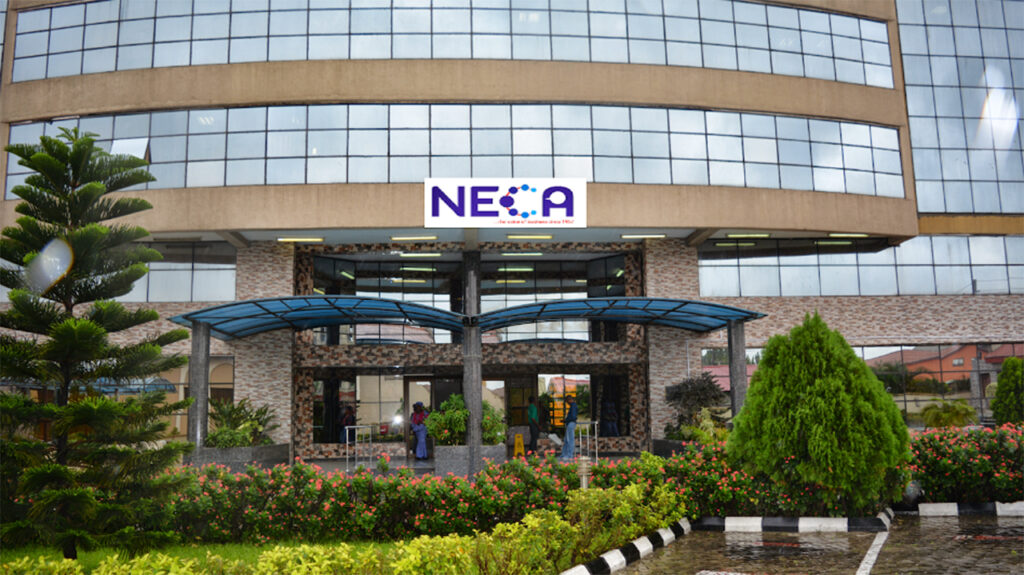
The Nigeria Employers’ Consultative Association (NECA) has raised concerns over the recent introduction of a 4 per cent Customs Administration Charge on the Free on Board (FOB) value for imports, warning that it will drive duty payments up by 80 per cent for industries reliant on imported raw materials.
The association cautioned that the policy would significantly inflate production costs and erode competitiveness.
NECA further stated that the levy, as stipulated in the Nigeria Customs Service Act, 2023, would impose an additional N2.84 trillion in costs on Nigeria’s yearly imports, which are estimated at N71 trillion.
The Director-General of NECA, Mr Adewale-Smatt Oyerinde, warned that the ripple effects would be severe, leading to higher inflation, deeper poverty, and a weakened investment climate.
He also noted that the new charge contradicts ongoing tax reform efforts led by the Presidential Fiscal Policy and Tax Reforms Committee, chaired by Taiwo Oyedele, which aims to harmonise taxes and support business sustainability.
Oyerinde said that at a time when businesses are calling for a streamlined tax system, this levy undermines reform efforts and sends a negative signal to investors.
He added that the policy is counterproductive and directly contradicts the government’s Ease of Doing Business agenda.
Oyerinde stressed that while revenue generation remains a priority, imposing this levy amid prevailing economic hardships is ill-timed and detrimental to businesses and Nigerians.
Oyerinde further stated that Nigeria’s business environment is already burdened with multiple taxes, unpredictable policies, and economic challenges.
He warned that with rising unsold inventories and increasing unemployment, policies should support businesses rather than stifle them.
“This additional financial burden on import-dependent businesses will escalate production costs, fuel inflation, and threaten jobs. Ultimately, consumers will bear the brunt of higher prices, worsening an already challenging economic climate,” he stressed.
Oyerinde also criticised the government’s focus on revenue generation at the expense of trade facilitation and economic development.
He said that while the government may achieve its revenue goals, the unintended consequences will be severe, such as higher costs of goods, business closures, rising unemployment, and worsening economic hardship for millions of citizens.
NECA, however, called for an immediate reversal of the levy and urged the government to engage with stakeholders in developing a more sustainable and business-friendly approach to revenue generation.
The association stressed that urgent steps must be taken to ease the financial burden on businesses and citizens rather than implementing policies that could further worsen economic hardship and stifle business growth.


